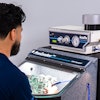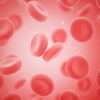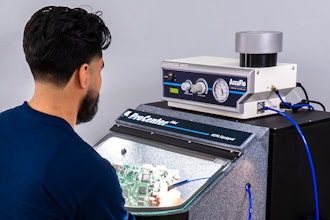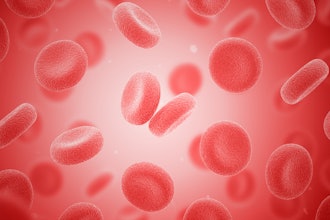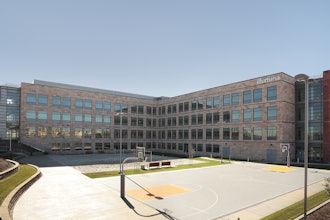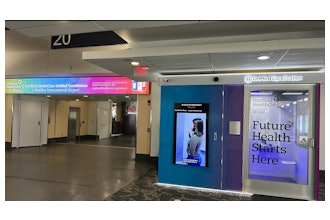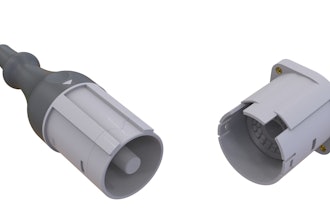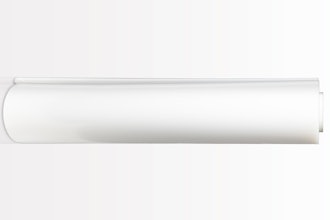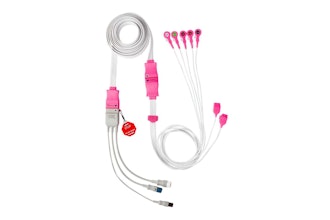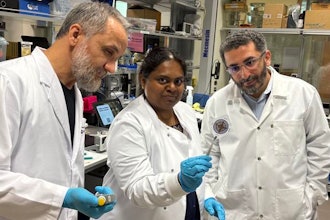
Changing the tune of hospital medical devices could improve public health, according to researchers at McMaster University and Vanderbilt University.
“By simply changing the sounds in medical devices, we can improve the quality of healthcare delivery and even save lives,” said Michael Schutz, co-author and professor of music cognition and percussion at McMaster.
The research builds on previous studies on sound design in medical devices, focussing on the sound’s shape. Researchers compared industry-standard flat beeps against alarm tones that rise and fall gradually like musical notes and how the different tones affect speech recognition.
“This is the first time we’ve shown musical alarms work well for speech comprehension while also reducing annoyance. It’s hugely important for future sound design in medical settings. Patients in hospitals generate hundreds of beeps and alerts per day and how these devices sound has not been a priority beyond being loud and alerting to staff,” says Michael Schutz, co-author of the study and professor of music cognition and percussion at McMaster.
Study participants also rated the detectability of flat tones and percussive alarms while performing a speech recognition task designed to approximate real-world demand on healthcare workers. Respondents found that the percussive tones were detectable and did not interfere with speech comprehension.
In a separate experiment, respondents rated how annoying they found the tones, finding musical tones to be less bothersome than flat tones.
“Healthcare settings are a horrible cacophony of sound, we’re barraged by auditory alarms that are loud, annoying, not informative, and often false or non-actionable,” says Dr. Joseph Schlesinger, co-author and associate professor of anesthesiology at Vanderbilt University. “There’s also the sounds of conversations and other equipment. Imagine you're a patient being woken up. You can end up developing sleep deprivation or ICU delirium which can lead to long-term cognitive impairment.”
Auditory alarms play a crucial role in healthcare because they alert staff faster than speech or visual warnings, while allowing them to keep their eyes focussed on other tasks. Schutz says most efforts to cut down on noise pollution in hospitals have centred around reducing alarms rather than changing the sounds. According to data released by the FDA, issues with hospital alarms have contributed to more than 500 deaths.
“Making the sounds less disruptive is a simpler solution than redesigning alarm management procedures and protocols industry wide. Think of it like playing the same song on different instruments. You still recognize the tune,” says Schutz. “By simply changing the sounds we can make alarms that allow for better staff communication and reduce recovery times. This can even save lives.”
Schutz is a professional musician and directs McMaster’s percussion ensemble, which gives him a unique perspective when researching hospital soundscapes at McMaster’s MAPLE (Music, Acoustics, Perception & Learning) Lab.
“Think about your own experience. We choose to listen to music and voluntarily subject ourselves to thousands of notes daily, so it's possible to structure sound in a way that’s not so annoying while messages still get through. There are other ways to make a sound pop out from the background than just making it loud and maximally annoying.”


